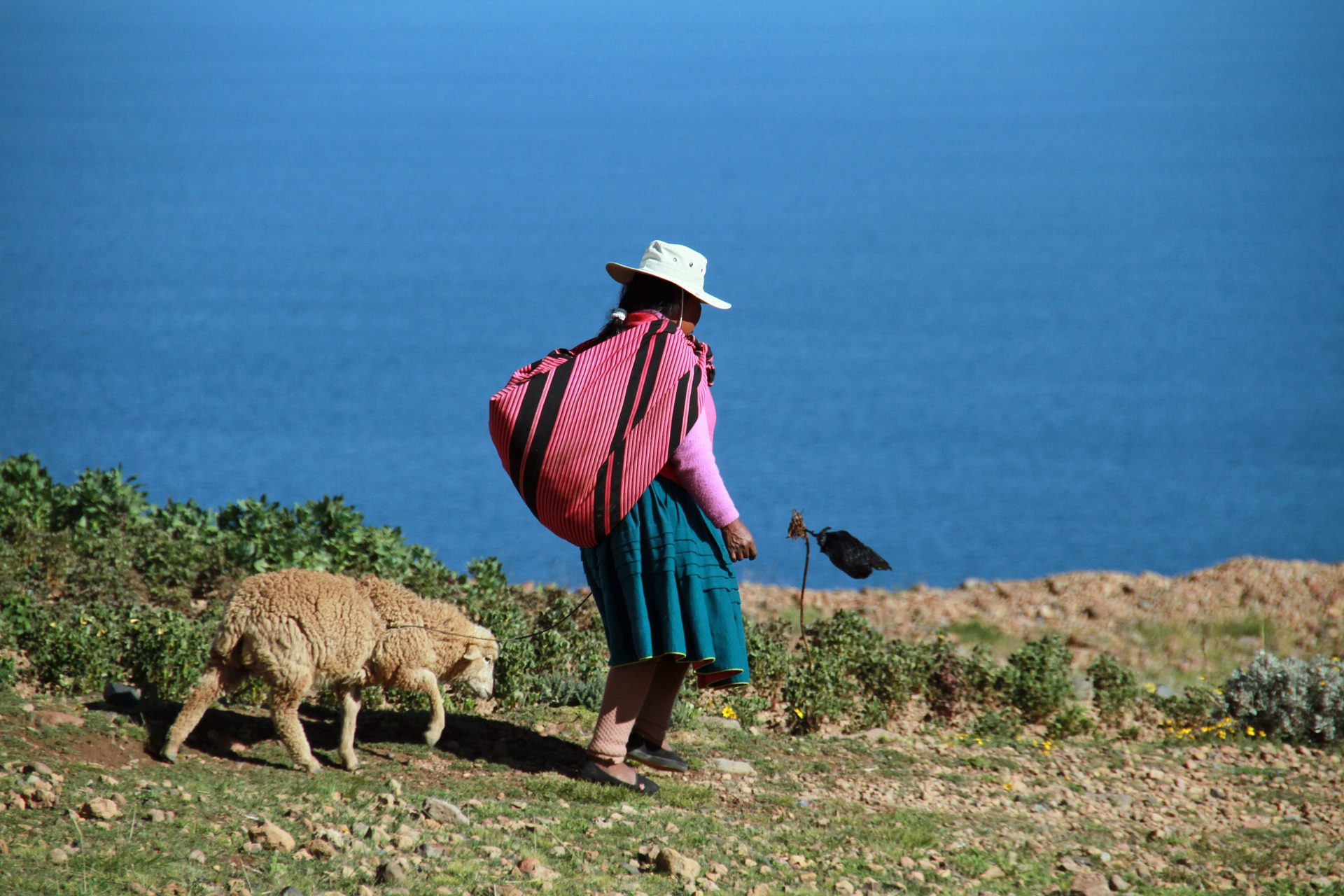 Monica Volpin/Pixabay
Monica Volpin/Pixabay
Traditional knowledge is important to the development of new medicines
According to Article 8(j) of the Convention on Biological Diversity: Parties shall respect, preserve and promote the knowledge, innovations and practices of ILCs relevant to biological diversity, with the approval and involvement of the holders of such knowledge and encourage the equitable sharing of benefits arising from its use.
Traditional knowledge associated with genetic resources that comes from indigenous peoples and local communities (IPLCs) provides valuable information to researchers regarding the particular properties and value of these resources and their potential use for the development of new medicines.
Benefits derived from the use of genetic resources may include the sharing of the results of research and development carried out on genetic resources, the transfer of technologies which make use of those resources, and participation in biotechnological research activities. Benefits may also be monetary when products based on genetic resources are commercialized. Examples of benefit-sharing include:
- Research exchanges: a researcher from a provider country collaborates with research staff from the user country.
- Provision of equipment, improvement of infrastructure and sharing of technologies: the user of genetic resources sets up laboratories or a drug manufacturing facility in the provider country.
- Payment of royalties: royalties generated from the commercialization of a product based on genetic resources are shared between the provider and the user of genetic resources and associated traditional knowledge.
- Preferential access for the provider country to any medicine derived from genetic resources and associated traditional knowledge: preferential rates to purchase medicine.
More information: